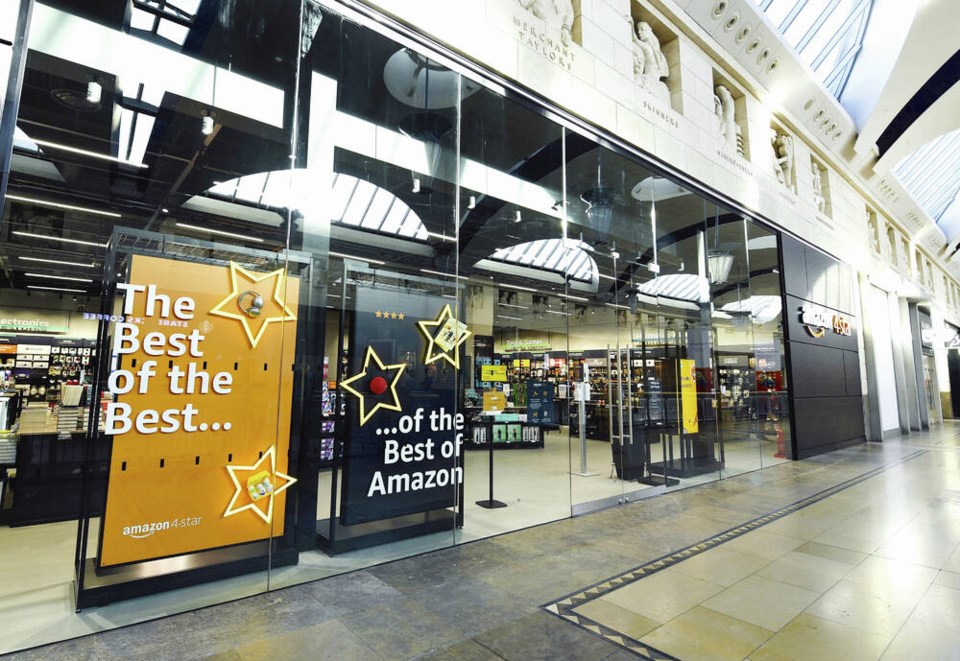Last week, I mentioned the United Nations’ call for a “peace plan” and a “post-war rebuilding program” as central to our need to make peace with nature. This week, I delve into the plan, which is presented in the February 2021 UN Environment Program report Making Peace With Nature.
After laying out the scale of the problem, focusing on the three crises of climate change, loss of biodiversity and pollution, the report is clear and blunt: “The current expansive mode of development degrades and exceeds the Earth’s finite capacity to sustain human well-being.”
The report is equally clear on the response: “Only a system-wide transformation will achieve well-being for all within the Earth’s capacity to support life, provide resources and absorb waste.”
System-wide transformation — think about that for a moment. The report says we now need “a fundamental change in the technological, economic and social organization of society, including worldviews, norms, values and governance.” In other words, a major cultural shift away from the dominant worldview and ideology that is the source of the problems we face and that has brought us to this critical juncture.
But, regrettably, the report notes: “The types of transformational change needed have often been thwarted by vested interests that benefit from preserving the status quo.” We have seen that, of course, in the persistent opposition to action on climate change from the fossil-fuel industry and its political supporters. And just last month, three independent UN special rapporteurs on human rights issued a joint statement expressing concern with the adverse influence of the corporate sector in the world’s food systems, leading to a host of ecological and social problems.
If the system as a whole is the problem, then tinkering with it and making marginal changes — which is all any of the current political leadership in Canada and, for the most part, around the world, is offering — will not be enough. Indeed, it plainly has not been enough, or we would not be in such a fix after what the UN describes as “decades of incremental efforts.”
A key transformation is to “put human well-being centre stage,” while recognizing that human well-being depends ultimately on the well-being of Earth’s ecological systems that are our life-support systems. Meeting the challenge of the climate change crisis alone will require “rapid transformations in areas including energy systems, land use, agriculture, forest protection, urban development, infrastructure and lifestyles.”
But in addition, meeting the crisis of biodiversity loss will require making biodiversity conservation and restoration “integral to the many uses of terrestrial, freshwater and marine ecosystems,” which will profoundly change the way we use these systems.
Among other things, the report states, this will require reduced consumption of resources in wealthy countries and by wealthy people, so that those who need more — low-income countries and people — can have more. This means a marked shift from seeing the good life as being rich in consumption of “stuff” to seeing it as rich in terms of relationships with others and with nature.
In terms of economic transformation, the report is clear this means replacing gross domestic product, which “fails to properly account for gains or losses in the natural capital that underpin many vital economic activities or for environmental quality and other non-monetary factors that contribute to human well-being.” Instead, we should look to measures such as “inclusive wealth,” which integrates several forms of capital — natural, social, human and produced (human-created), or the Genuine Progress Indicator.
The report also calls for significant investments in nature-friendly water, energy, food and other systems, and at the same time the removal and redirection of environmentally harmful subsidies toward nature-friendly alternatives. Environmental degradation, an important source of inequality, must be reversed, and inequalities resulting from shifts in production, taxation and subsidies must be remedied.
While B.C. has prided itself on being “super natural,” it has, in fact, a high ecological footprint and has recently been described as a “poster child” for the biodiversity crisis. Troublingly, B.C. is failing to act, or is taking inadequate action, in many of the areas of transformation called for in this important UN report. B.C.’s continuing war on nature will be the focus of next week’s column.
Dr. Trevor Hancock is a retired professor and senior scholar at the University of Victoria’s School of Public Health and Social Policy.



